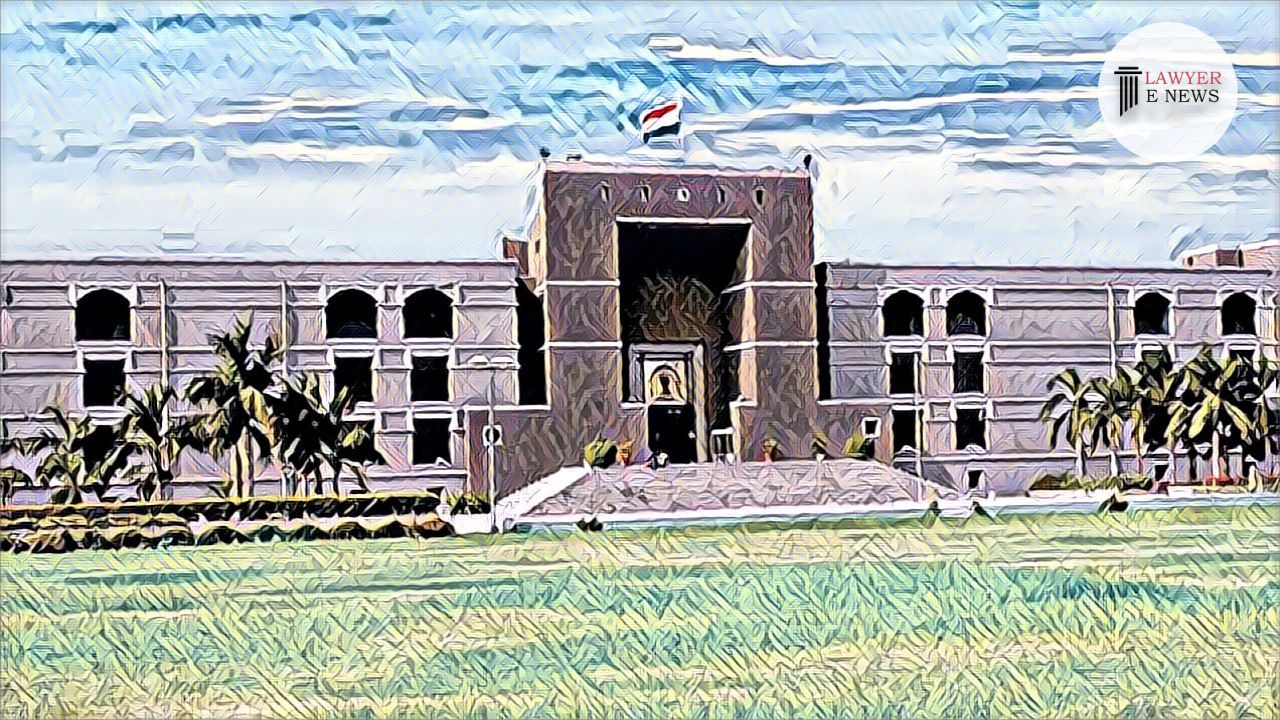-
by sayum
18 February 2026 8:14 AM



In a significant judgment, the Gujarat High Court dismissed the State's appeal against the acquittal of Bhikhabhai Punjabhai Solanki and others in a case involving the alleged murder of Vitthalbhai. The court highlighted the unreliability of the sole eyewitness and reaffirmed the principle of double presumption of innocence.
The case stems from an incident on 28th August 1990, where Vitthalbhai was allegedly assaulted by the respondents, leading to his death the next day. The prosecution's case primarily relied on the testimony of Sureshbhai, the brother of the deceased.
The Additional Sessions Judge acquitted the accused due to insufficient evidence, the unreliability of the sole eyewitness, and the defense of private defense by one of the accused, Revaben.
The State appealed the acquittal, contending that the trial court erred in dismissing the eyewitness testimony and misjudged the applicability of private defense.
The High Court scrutinized the conduct of Sureshbhai, noting significant delays and inconsistencies in his testimony. The court observed, “PW-1’s conduct and delayed reporting of the incident raised doubts about his presence at the crime scene” [Paras 11-14, 20-21].
The court emphasized that no corroboration from other witnesses was available, further undermining the credibility of PW-1.
The court accepted Revaben's defense under Section 100 of the IPC, which allows for the right of private defense against an assault. The court noted, “The defense of Accused No.3 under Section 100 of IPC was accepted as she acted in self-defense against the deceased's alleged assault” [Paras 11-14, 20-21].
The judgment reiterated the principle of double presumption of innocence in favor of the acquitted, stressing that an appellate court should interfere only if the trial court’s judgment is perverse or based on an erroneous view of law [Paras 15-17].
The court referenced several precedents, including Babu vs. State of Kerala and Ghurey Lal vs. State of U.P, to underline the cautious approach needed in overturning acquittals.
Decision: The High Court upheld the acquittal, finding no compelling reasons to disturb the trial court’s judgment. The court ordered the cancellation of bail bonds and discharge of surety for the respondents [Paras 22-24].
Date of Decision: 15th May 2024.
State of Gujarat vs. Bhikhabhai Punjabhai Solanki & Ors.
